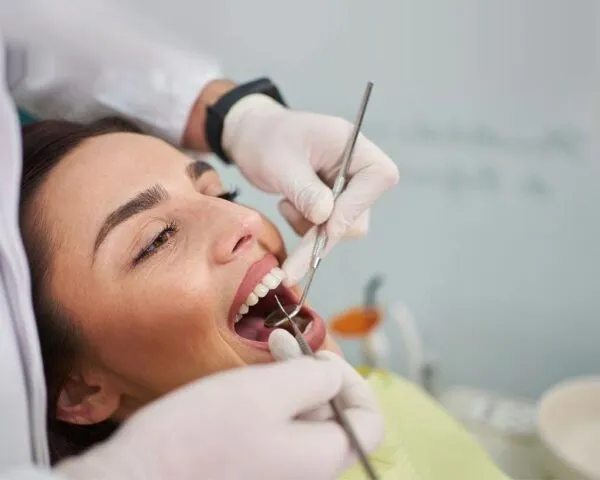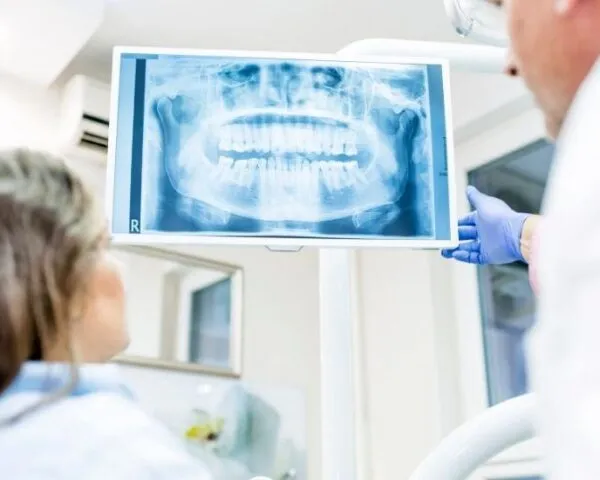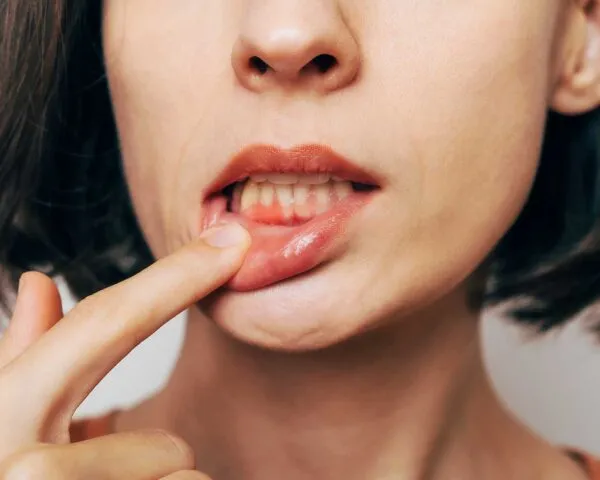General Treatments
Dental Care Ireland Kells supplies the following general dental treatments:
Examination (Dental Check Up)
A dental examination or dental check up, is the most common dental appointment throughout dentistry. It is important for your dentist to assess your dental and oral health, as it will be the cornerstone for your treatment plan, if one is required. Most dentists would recommend you have a dental check-up once every year. Some people might require a dental check up less frequently and others more frequently based on how healthy your teeth and gums are.
ExaminationDental Cleaning
At Dental Care Ireland, we advise that you attend the dental hygienist for a dental cleaning appointment at least every six months for a scale and polish. This reduces the chances of problems developing and minimizes your risk of developing tooth decay and gum disease in the future.
Dental CleaningFillings
Where a tooth has decay or accidental damage, your dentist may recommend something called dental fillings.
This simple operative procedure ensures that all decay and affected tooth structure will be cleanly removed and replaced with a durable filling material. Your dentist will also advise you on the best materials to use to restore your tooth.
FillingsDental X-Rays
A dental X-ray is one of the most common diagnostic tools used to provide the dentist with more information on your teeth and the structure of your gums.
These small, low dosage images can be necessary to better assess your tooth/teeth structure, supporting socket bone and existing restorations (fillings/crowns) etc.
Dental X-RaysChildren’s Dentistry
At Dental Care Ireland, all our practices treat children of all ages. From our friendly dentists to our children’s play areas that include toys and iPads, we will ensure your child has the best possible experience at the dentist and set them up with the best possible start of achieving healthy teeth for life.
Children’s DentistryExtraction
After your examination and assessment your dentist may suggest tooth extractions. This can be for any number of reasons; your tooth may be beyond restoration with a filling or a crown.
If your tooth needs to be removed, your dentist will talk with you on the next steps.
ExtractionDentures
Dentures are removable false teeth made of acrylic (plastic) or metal. They fit snugly over the gums to replace missing teeth and eliminate potential problems caused by gaps.
There are two main types of dentures: full and partial. Your dentist will help you choose the type of denture that’s best for you based on whether some or all of your teeth are going to be replaced and the cost involved.
DenturesDental Crowns
Where a tooth is badly broken down, and is incapable of being restored in traditional methods e.g. restoration by filling – dental crowns may be the best option.
Crowns are usually required when your tooth has cracked or decayed and there is not enough support left to hold a filling in place. In this case, your dentist may fit a crown over the top of the existing tooth, retaining the remains of the tooth yet at the same time providing an outer barrier against bacteria.
Dental CrownsGum Shields
A gum shield is a rubber-like cover which is custom made to suit your teeth and gums to provide a protective cushion for your teeth. Dental Care Ireland specialises in making gum shields which can be worn for all contact sports including rugby, gaelic football, hurling, hockey, boxing and more.
Gum ShieldsGum Treatments
Periodontists work to prevent gum disease with our patients. They are also on hand to diagnose and treat the early stages of gum disease (or gingivitis) if it happens. If gingivitis is left too long, it can develop into periodontitis, which is irreversible and can result in bone damage and, ultimately, tooth loss. To prevent this, it is important to follow a good oral health routine.
Gum TreatmentsRoot Canal Treatment
Root Canal treatments are necessary when the pulp, the soft tissue inside the root canal, becomes inflamed or infected. The inflammation or infection can be caused by a variety of reasons; deep decay, repeated dental procedures on the tooth, or a crack or chip in the tooth. Besides, an injury to a tooth may cause pulp damage even if the tooth has no visible chips or cracks. If pulp inflammation or infection is left untreated, it can cause pain or lead to an abscess.
Root Canal Treatment












